Related Research Articles
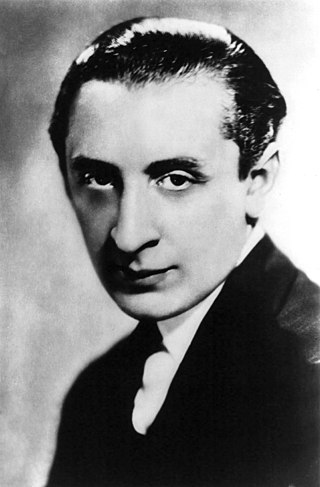
Vladimir Samoylovich Horowitz was a Russian and American pianist. Considered one of the greatest pianists of all time, he was known for his virtuoso technique, timbre, and the public excitement engendered by his playing.

Vladimir Davidovich Ashkenazy is a Soviet-born Icelandic pianist, chamber music performer, and conductor. Ashkenazy has collaborated with well-known orchestras and soloists. In addition, he has recorded a large repertoire of classical and romantic works. His recordings have earned him seven Grammy Awards and Iceland's Order of the Falcon.

A piano concerto, a type of concerto, is a solo composition in the classical music genre which is composed for piano accompanied by an orchestra or other large ensemble. Piano concertos are typically virtuosic showpieces which require an advanced level of technique. Piano concertos are typically written out in music notation, including sheet music for the pianist, orchestral parts, and a full score for the conductor.

Emil Grigoryevich Gilels was a Soviet pianist. He is widely regarded as one of the greatest pianists of all time. His sister Elizabeth, three years his junior, was a violinist. His daughter Elena became a pianist.

Grigory Lipmanovich Sokolov is a Russian pianist with Spanish citizenship. He is among the most esteemed of living pianists, his repertoire spanning composers from the Baroque period such as Bach, Couperin or Rameau up to Schoenberg and Arapov. He regularly tours Europe and resides in Italy.
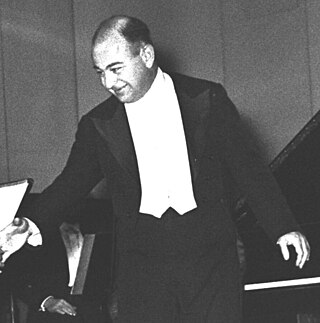
Shura Cherkassky was a Russian-American concert pianist known for his performances of the romantic repertoire. His playing was characterized by a virtuoso technique and singing piano tone. For much of his later life, Cherkassky resided in London.
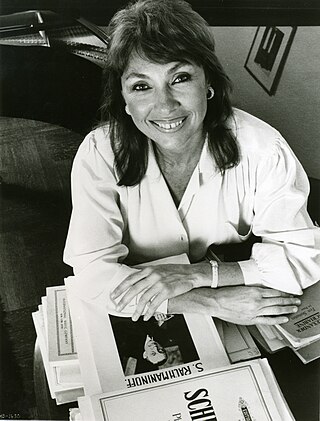
Ruth Laredo was an American classical pianist.

Alexis Sigismund Weissenberg was a Bulgarian-born French pianist.
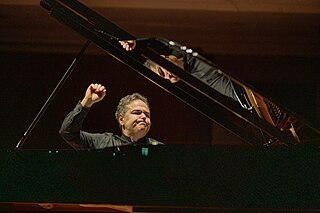
Arcadi Arcadievich Volodos is a Russian-born French pianist. One of the world's most acclaimed pianists, he has won such awards as the Echo Klassik, Gramophone Award, Diapason d'Or, and Edison Award for his discography.
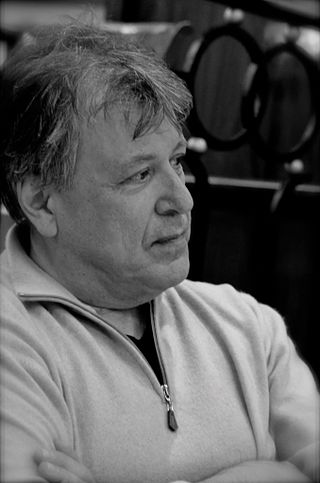
Andrei Gavrilov is a Russian-Swiss pianist.
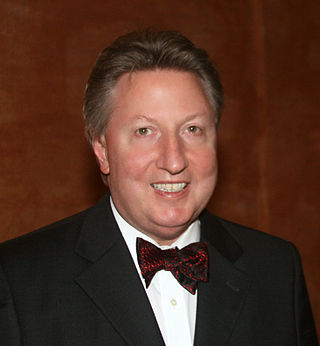
Leslie John Howard is an Australian pianist, musicologist and composer. He is best known for being the only pianist to have recorded the complete solo piano works of Franz Liszt, a project which included more than 300 premiere recordings. He has been described by The Guardian as "a master of a tradition of pianism in serious danger of dying out".
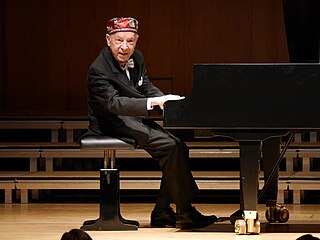
Paul Badura-Skoda was an Austrian pianist.
Sergio Fiorentino was a 20th-century Italian classical pianist whose sporadic performing career spanned five decades. There is quite a bit of footage of his playing that survives, in addition to audio recordings. Recently, a complete concert recorded on video in 1994 has surfaced.

Vox Records is a budget classical record label. The name is Latin for "voice."
Daniel Pollack is an American pianist.
Olli Mustonen is a Finnish pianist, conductor, and composer.
Sviatoslav Nikolayevich Knushevitsky was a Soviet-Russian classical cellist. He was particularly noted for his partnership with the violinist David Oistrakh and the pianist Lev Oborin in a renowned piano trio from 1940 until his death. After Mstislav Rostropovich and Daniil Shafran, he is spoken of as one of the pre-eminent Russian cellists of the 20th century.

Andrej Ivanovich Hoteev was a Russian classical pianist.

Claude Kahn was a French classical pianist, internationally known for his interpretations of especially the music of Chopin, but also of French music as soloist or accompanied by great orchestras in the world. He founded and directed a piano competition in 1970, to become international as the Concours International de Piano Claude Kahn. He founded the conservatoire of Antibes in 1971 and directed it until 1991.
Markus Becker is a German pianist and academic teacher. He is focused on chamber music, and on piano concertos from the time around 1900. His recording of the complete piano works by Max Reger earned him awards. He is also a jazz pianist, and has been professor of piano and chamber music at the Hochschule für Musik, Theater und Medien Hannover since 1993.
References
- 1 2 3 4 5 "Pianist Michael Ponti gestorben" (in German). BR. 18 October 2022. Retrieved 18 October 2022.
- 1 2 3 4 5 6 7 8 9 10 11 12 13 14 15 Nicholas, Jeremy (18 October 2022). "We pay tribute to pianist Michael Ponti". Gramophone (in German). Retrieved 19 October 2022.
- 1 2 3 4 5 6 7 Summers, Jonathan (2022). "Michael Ponti" (in German). Naxos Records.
- 1 2 3 4 5 6 7 "Michael Ponti / piano / Germany, °1937". Queen Elisabeth Competition . 2022. Retrieved 20 October 2022.
- 1 2 3 "Pianist Michael Ponti gestorben". FAZ (in German). 18 October 2022. Archived from the original on 18 October 2022. Retrieved 18 October 2022.
- 1 2 France, John (May 2014). "The Romantic Piano Concerto, Vol. 2". musicweb-international.com. Retrieved 19 October 2022.
- ↑ Grove, Peter (September 2001). "Bulletin No. 57" (PDF). Alkan Society. Retrieved 21 October 2022.
- ↑ Walker, Raymond (July 2001). "The Romantic Piano Concerto, Vol. 2". musicweb-international.com. Retrieved 19 October 2022.